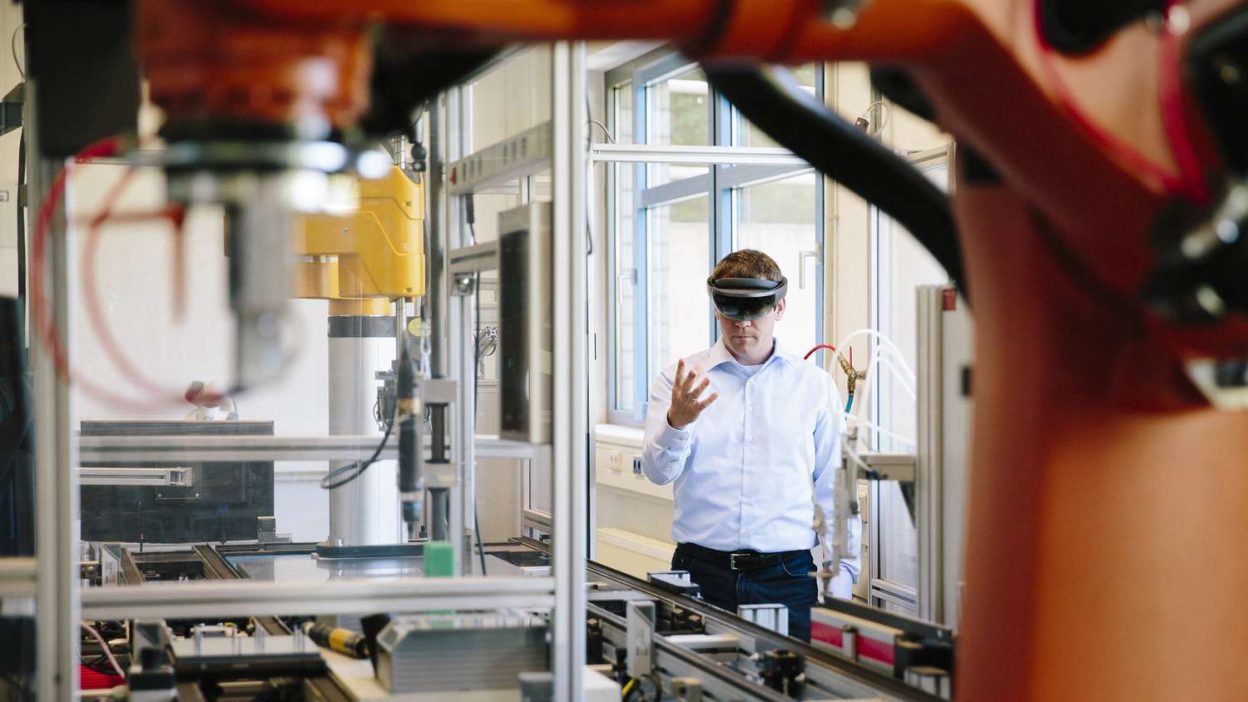The year 2025 has ushered in a new wave of innovation, with tech startups across the globe shaking up long-established industries. From finance to healthcare, logistics to agriculture, these agile newcomers are not just adding digital polish—they’re redefining the rules of the game.
In this blog post, we’ll explore how tech startups are disrupting traditional industries in 2025, spotlight key players, and unpack the technology trends driving this transformation.
🔄 What Does “Disruption” Really Mean?
Disruption doesn’t just mean offering a cheaper or faster version of something old. True disruption transforms the user experience, creates new value models, and often renders old systems obsolete. It’s about:
- Rethinking how services are delivered
- Shifting power from legacy providers to users
- Leveraging cutting-edge technology for maximum efficiency and scalability
Let’s dive into the industries feeling the tremors—and sometimes the earthquakes—of this disruption.
💸 1. Finance: The Rise of AI-First FinTech
Disruption Focus: Banking, investing, lending, and credit scoring
Why it’s changing: Consumers demand faster, fairer, and more accessible financial services.
Startups Leading the Charge:
- ZayZoon AI (Canada): Offers AI-powered payroll access and financial wellness tools for gig workers.
- CredoScan (Singapore): Uses blockchain to provide cross-border microloans with near-instant approval.
- FlowVest (US): Uses generative AI to offer real-time, personalized investment coaching with zero human advisors.
Impact: Traditional banks are struggling to compete with these nimble platforms that offer better UX, lower fees, and 24/7 access.
🏥 2. Healthcare: From Reactive to Predictive
Disruption Focus: Diagnosis, patient monitoring, telemedicine, and mental health
Why it’s changing: Aging populations and staff shortages are accelerating digital transformation.
Startups Leading the Charge:
- MindMesh (UK): Delivers real-time AI-driven mental health therapy using conversational avatars.
- NanoBioScan (India): Offers portable nanotech-based diagnostic devices for remote areas.
- PulseBridge (US): A wearables platform integrated with blockchain for secure, decentralized health data.
Impact: These startups reduce strain on healthcare systems while improving access and personalization—especially in underserved areas.
🚚 3. Logistics & Supply Chain: Smart and Autonomous
Disruption Focus: Delivery, inventory, fleet management
Why it’s changing: Global commerce is more complex—and consumers expect same-day shipping.
Startups Leading the Charge:
- SwiftRoute AI (Germany): Uses LLMs and IoT data to dynamically optimize delivery routes.
- FreightLoop (Brazil): A decentralized freight marketplace where shippers and truckers transact directly.
- SkyMule (US): Autonomous drone-based delivery for rural and urban environments.
Impact: Logistics startups are cutting delivery times, lowering emissions, and pushing legacy freight companies to modernize or fade.
🏫 4. Education: Personalized, Immersive, Decentralized
Disruption Focus: Tutoring, certification, learning platforms
Why it’s changing: Learners want flexibility, relevance, and value.
Startups Leading the Charge:
- NeoLearnXR (South Korea): Offers immersive VR courses in STEM and vocational training.
- ByteCert (Kenya): A blockchain-based credentials platform that lets students and employers verify certifications instantly.
- TutorWave AI (Philippines): AI-driven learning assistant for K–12 students, delivering adaptive lessons in local dialects.
Impact: Traditional institutions face competition from flexible, global, low-cost platforms that scale rapidly.
🌾 5. Agriculture: From Manual to Predictive & Automated
Disruption Focus: Crop monitoring, livestock management, resource efficiency
Why it’s changing: Climate change and food security concerns demand smarter farming.
Startups Leading the Charge:
- AgroPulse AI (Nigeria): AI and satellite-powered crop health prediction for smallholder farmers.
- FarmRobo (US): Autonomous farm equipment that uses computer vision to detect and eliminate weeds.
- HydroLoop (Japan): Smart water recycling systems for urban vertical farms.
Impact: These startups are making farming data-driven, sustainable, and resilient in the face of climate volatility.
🔐 Common Themes Across These Disruptions
- AI Everywhere: From generative models to predictive analytics, AI is the backbone of innovation.
- Decentralization: Blockchain is enabling transparency and cutting out middlemen.
- Personalization: Users expect tailored solutions—whether it’s education, health, or finance.
- Sustainability: Startups are integrating eco-conscious solutions by design, not as an afterthought.
- Global Reach: Thanks to remote tech and cloud infrastructure, even small teams can serve global audiences.
📊 What Legacy Businesses Must Do to Keep Up
- Digitally Transform Now: Delay is no longer an option.
- Partner or Acquire: Collaborate with startups or risk irrelevance.
- Invest in R&D: Build internal innovation labs or venture arms to stay ahead.
- Embrace Agility: Adopt startup-like speed and flexibility in operations.
🚀 Final Thoughts
2025 is a landmark year for disruption. What’s clear is that tech startups aren’t just tinkering at the edges—they’re redefining the future of how we work, learn, live, and connect. Whether you’re a consumer, investor, or part of a traditional enterprise, understanding these changes isn’t just useful—it’s essential.
Adapt or be outpaced—this is the new normal in the age of disruption.





